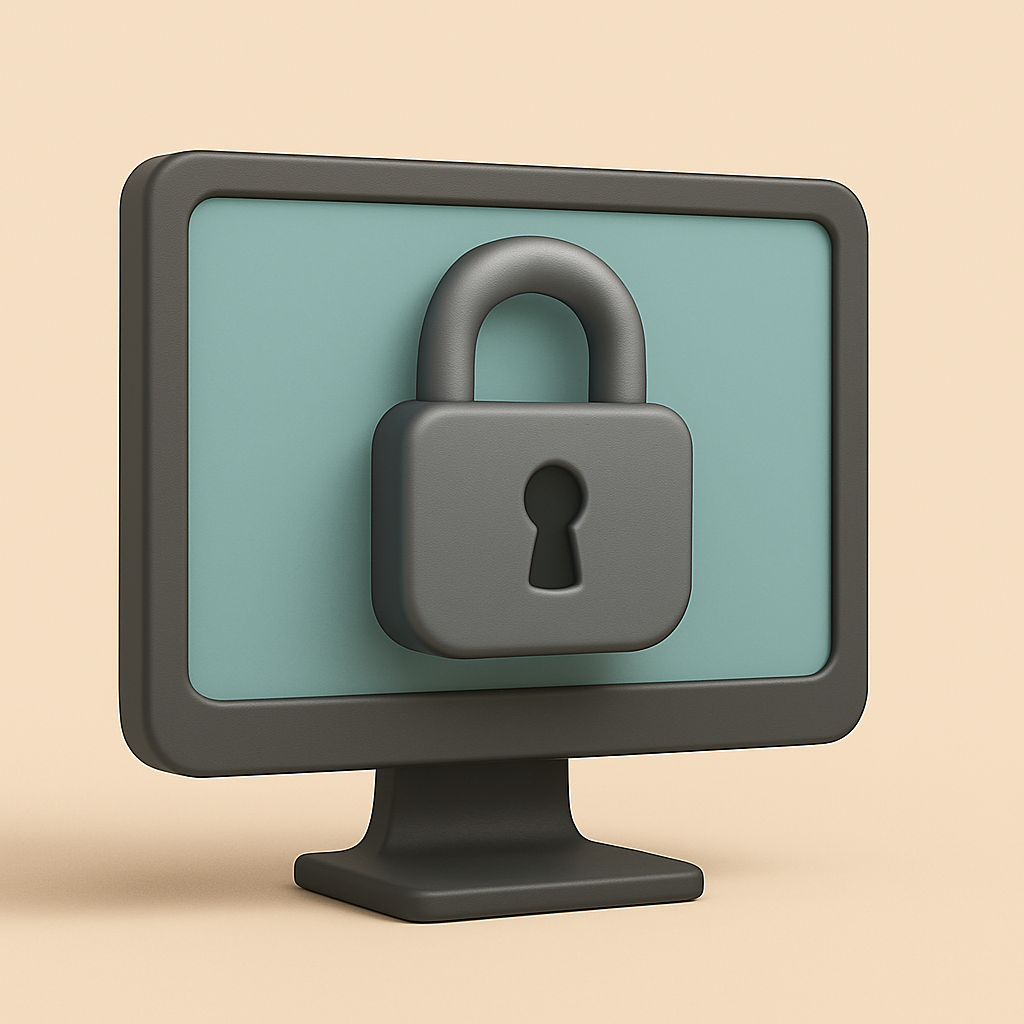Is Plone really 'unhackable'? A look at the numbers behind the claim
Imagine waking up to find your organisation’s website defaced, data leaked, or taken offline. It’s not just embarrassing—it’s disruptive, expensive, and deeply damaging to trust.

Whether you're a university, NGO, or public service, your website is often the first point of contact. It needs to be safe.
That’s why security can’t be an afterthought. And it’s one of the reasons Plone has quietly earned a reputation for being one of the most secure CMS platforms available.
But is it really “unhackable”?
Why Plone has a reputation for strong security
“Unhackable” is a bold claim. No system is invincible. But Plone gets about as close as any CMS can.
Track record: Over two decades, with extremely few security incidents reported in the wild.
Secure by design: Plone is secure out of the box—no need to layer on third-party fixes.
Granular permissions: Control access down to the individual content item, role, or user.
Dedicated Security Team: Fast, responsible response to any reported vulnerabilities.
Tightly managed ecosystem: A smaller, curated set of add-ons reduces risk from unvetted plugins.
This matters when attacks are automated, opportunistic, and increasingly frequent.
You can also look at 10 reasons behind an extraordinary security track record of Plone.
Can we back this up with stats?
Yes. And it’s not just reassuring—it’s impressive.
CVE database comparison
Plone’s record is striking compared to other popular CMS platforms:
Head to cve.org or nvd.nist.gov
Search “Plone” vs. “WordPress”, “Joomla”, or “Drupal”
What you’ll find:
Significantly fewer total CVEs (Common Vulnerabilities and Exposures)
Low-severity vulnerabilities
Timely patches and responsible disclosures
Plone avoids the OWASP Top 10
Plone is architected to steer clear of common attack vectors:
No SQL = no SQL injection
Strong defaults prevent CSRF, XSS, and clickjacking
Controlled templating prevents rogue code injection
Publishing workflow enforces content review and access control
Find out more about the OWASP Top 10 here.
Used by high-security organisations
Plone isn’t just trusted by small teams. It’s deployed in environments with serious security requirements:
FBI and CIA intranets
NASA websites
Brazilian Government portals
European Commission projects
Major universities, legal centres, and human rights groups
These aren’t low-risk use cases. They chose Plone because it stands up to scrutiny.
So, is it really unhackable?
No system is completely immune. But Plone’s track record, design choices, and cautious ecosystem put it in a different league.
If you’re responsible for protecting sensitive content or public trust, you don’t just want features. You want foundations you can rely on.
And that’s exactly what Plone delivers.
And that's why Juizi builds websites only in Plone.
